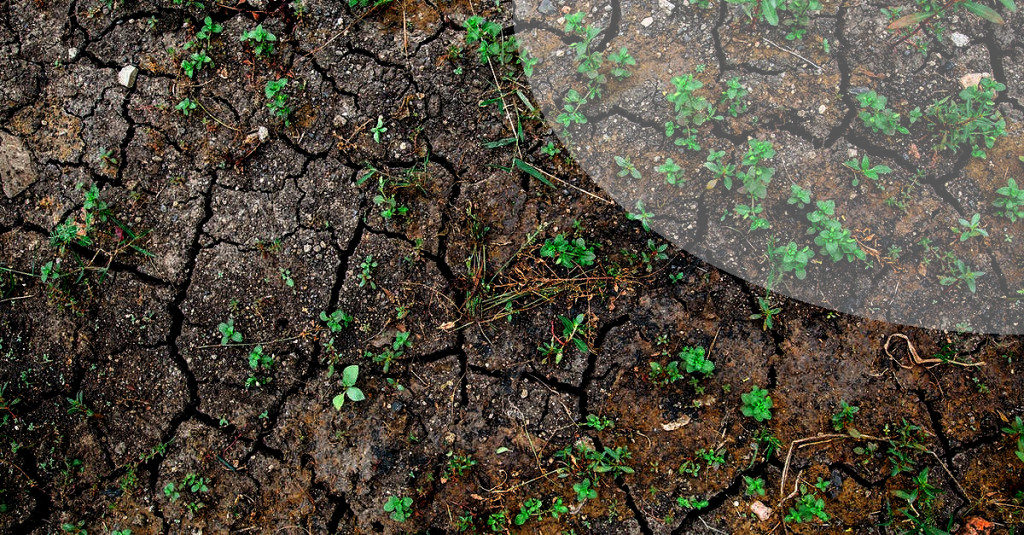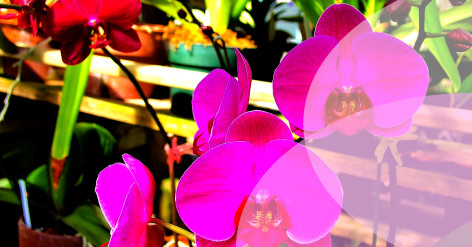How to Choose the Right Soil for Your Plants

Consider the Type of Plants You Want to Grow
Having a garden is a great way to connect with nature and enjoy the benefits of fresh produce or beautiful flowers. However, the key to a successful garden is choosing the right soil for your plants. The type of soil you choose can impact plant growth, water retention, and soil drainage. In this post, we'll take a closer look at how to choose the right soil for your plants.
Test Your Soil

The first step in choosing the right soil for your plants is to consider the type of plants you want to grow. Different plants have different requirements when it comes to soil pH levels, moisture, and nutrient content. For example, if you want to grow acid-loving plants like blueberries, you'll need to choose soil with a pH level of around 4.5 to 5.5.
Choose the Right Soil Type
Once you know what kind of plants you want to grow, you'll need to test your soil to determine its pH level and nutrient content. You can purchase a soil test kit from your local garden center, or send a soil sample to a laboratory for testing. Based on the results of your soil test, you'll be able to choose the right soil amendments to improve your soil's quality.
Related articles
Add Organic Matter
There are three main types of soil: sand, clay, and loam. Each type of soil has its own unique properties and benefits.
- Sand: Sand is a coarse soil that drains quickly and is ideal for plants that don't require a lot of moisture. However, sand doesn't hold onto nutrients well, so you'll need to fertilize your plants more often if you use sand as your main soil type.
- Clay: Clay soil has smaller particles than sand or loam and tends to hold onto water and nutrients better. However, clay soil can be heavy and difficult to work with, and is prone to waterlogging.
- Loam: Loam soil is a blend of sand, clay, and organic matter and is considered the ideal soil type for most plants. Loam soil drains well, holds onto nutrients, and is easy to work with.
Consider Using Raised Garden Beds
No matter what type of soil you choose, adding organic matter can be a great way to improve soil quality. Organic matter can come in many forms, including compost, manure, and leaf mold. Organic matter helps to improve soil structure and drainage, and also adds nutrients to the soil.
Conclusion
If you have poor-quality soil or want more control over your soil composition, consider using raised garden beds. Raised garden beds are an excellent way to grow plants in a controlled environment, and can help you create the ideal soil conditions for your plants.
Choosing the right soil for your plants is essential for a successful garden. By considering the type of plants you want to grow, testing your soil, and choosing the right soil type and amendments, you can create the ideal growing conditions for your plants. Remember to add organic matter and consider using raised garden beds to take your garden to the next level.
For more tips and information about gardening, check out Gardeners World and Better Homes & Gardens.





